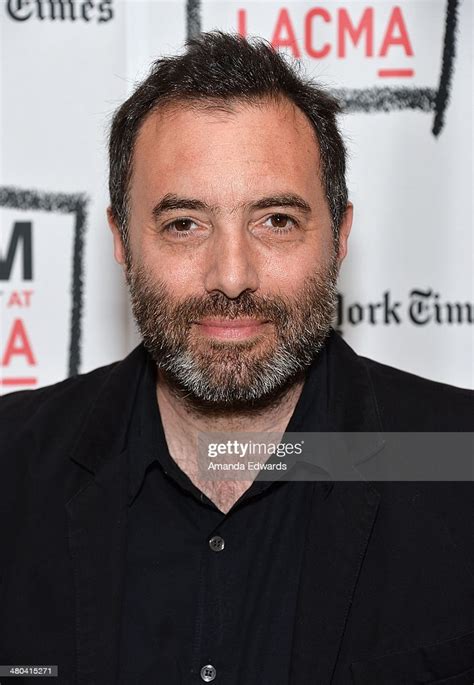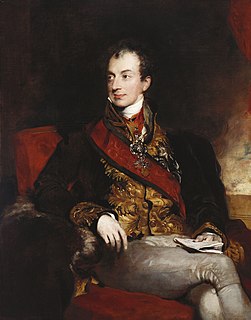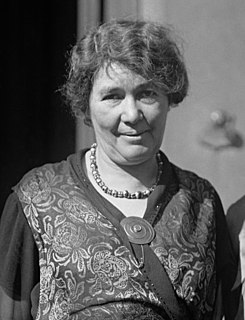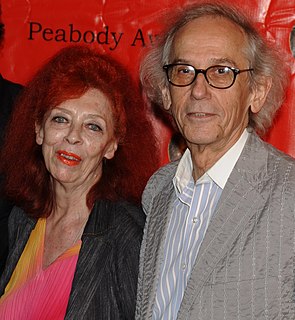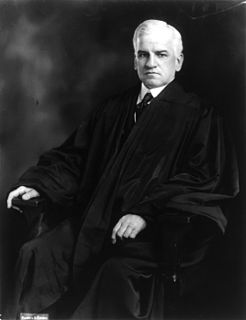A Quote by Milan Kundera
War and culture, those are the two poles of Europe, her heaven and hell, her glory and shame, and they cannot be separated from one another. When one comes to an end, the other will end also and one cannot end without the other. The fact that no war has broken out in Europe for fifty years is connected in some mysterious way with the fact that for fifty years no new Picasso has appeared either.
Related Quotes
Europe has another meaning for me. Every time I mention that word, I see the Bosnian family in front of me, living far away from whatever they call home and eating their own wonderful food because that's all that is left for them. The fact remains that after fifty years, it was possible to have another war in Europe; that it was possible to change borders; that genocide is still possible even today.
It is not to save capitalism that we fight in Russia … It is for a revolution of our own. … If Europe were to become once more the Europe of bankers, of fat corrupt bourgeoisies we should prefer Communism to win and destroy everything. We would rather have it all blow up than see this rottenness resplendent. Europe fights in Russia because it [i.e., Fascist Europe] is Socialist. what interests us most in the war is the revolution to follow The war cannot end without the triumph of Socialist revolution.
When you see what goes on in Iraq on a daily basis - more people dying in car bombings - you almost brush it aside after a while. To actually comprehend the human tragedy of these events is overwhelming. We see so many images, but there's always the sense, for Americans, that it's not in our backyard. That's another reason why the war in Bosnia was so fascinating; because it really was in Europe's backyard. It was in Europe. And they didn't do anything about it for years. It took the Americans to end that war, really. That's a shame.
It's important to remember that World War II was experienced very much as a continuity in that sense. Most of World War II in most of Europe wasn't a war; it was an occupation. The war was at the beginning and the end, except in Germany and the Soviet Union, and even there really only at the end. So the rest of time it's an occupation, which in some ways was experienced as an extension of the interwar period. World War II was simply an extreme form, in a whole new key, of the disruption of normal life that began in 1914.
We talk about spreading democracy and freedom all over the world, but they are to us words rather than conditions. We haven't even got them here in America, and the farther we get into this war the farther we get away from democracy and freedom. Where is it leading us to, and when will it end? The war might stop this winter, but that is improbable. It may go on for fifty years or more. That also is improbable. The elements are too conflicting and confused to form any accurate judgment of its length. There may be a series of wars, one after another, going on indefinitely.
South Korea at the end of the Second World War had a very low level of literacy. But suddenly, like in Japan, they determined they were going in that direction. In 20 years' time, they had transformed themselves. So when people go on saying that it's all because of perennial culture, which you cannot change, that's not the way the South Korean economy was viewed before the war ended. But again within 30 years, people went on saying there's an ancient culture in Korea that has been pro-education, which is true.
What if I told you insane was working fifty hours a week in some office for fifty years at the end of which they tell you to p*ss off; ending up in some retirement village hoping to die before suffering the indignity of trying to make it to the toilet on time? Wouldn't you consider that to be insane?




